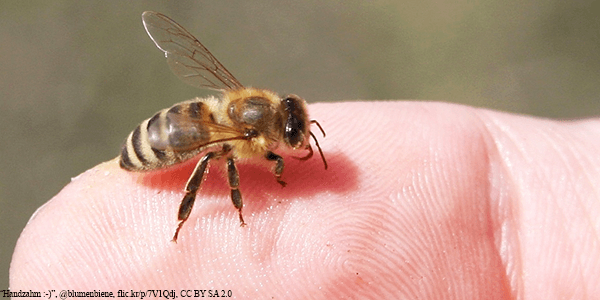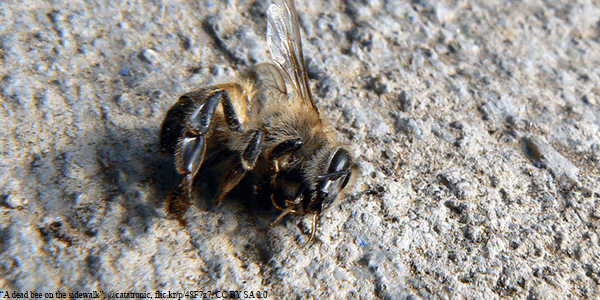Here on planbeeltd.com we have often discussed the dangers of pesticides and how they are thought to play a huge part in the colony collapse disorder phenomenon found increasingly in bee hives. However, research conducted by Harvard University has recently suggested that pesticides could have harmful effects on human’s health too.

According to the head of the research Dr Lu, as well as resulting in a drop in pollination and most of our diet ceasing to exist, long term exposure to a group of pesticides called neonicotinoids could potentially be an attributing factor in many brain disorders such as autism and ADHD and that’s not all, another research has also determined that pesticides are a huge factor in increasing male infertility rates. With all these apparent side effects it is a wonder that these huge corporations such as Monsanto or Bayer continue to use neonicotinoids at all.
Lu conducted pioneering research on the impact of these neonicotinoid pesticides on honeybees. In a study published in 2012, he replicated colony collapse disorder, feeding bee’s sugar water laced with different levels of neonicotinoids, eventually leading to the collapse of 15 of the 16 hives, even those treated with the lowest dose.

The work has been noted for providing a concrete link to neonicotinoids, which are the world’s most widely used group of insecticides to CCD.
Lu has continued to investigate the possible links among neonicotinoids and both bee and human health, announcing the honeybee as a good model organism for the impact of pesticide use.
“The [phrase] ‘bee-line’ is no longer valid,” Lu said. “The question … is do these things also apply to human health?”